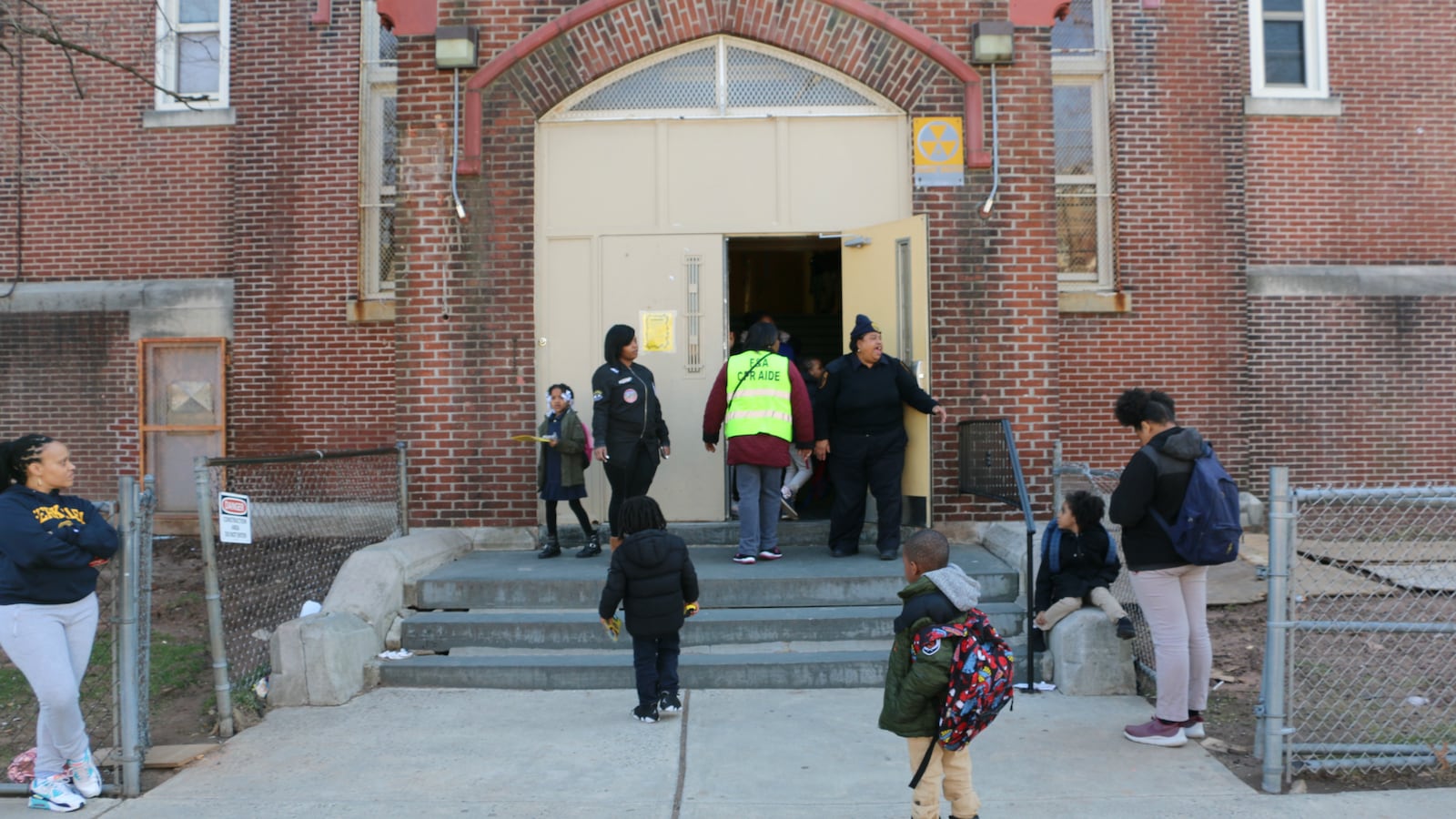Last school year, nearly one in three Newark students was chronically absent, meaning they missed 18 or more school days. For Newark 12th-graders, the rate was nearly 60 percent.
The problem is the subject of an all-day conference on Tuesday at Rutgers University-Newark called, “Showing Up Matters: Shifting the Culture of Chronic Absenteeism.” Mayor Ras Baraka and Interim Superintendent Robert Gregory are both scheduled to speak.
The conference comes as educators and policymakers nationwide have zeroed in on chronic absenteeism, following research that shows it’s linked to negative outcomes for students including lower test scores, higher dropout rates, and even a greater risk of entering the criminal justice system.
New Jersey is one of three dozen states that plans to evaluate and potentially sanction schools based on how many of their students are chronically absent — a measure that counts any day a student misses school, whether the absence is excused, unexcused, or for disciplinary reasons.
Newark’s chronic absenteeism rate is more than double the national average of 13 percent (a rate based on a slightly lower definition of 15 or more absences per year). In response, the district launched an attendance initiative in 2016 to drive down its chronic absenteeism rate, which is worse than in other high-poverty districts across the state. And two different city advisory groups — the Children’s Cabinet and the Newark Youth Policy Board — are focused on the issue.
Unsurprisingly, students who are absent a lot tend to do worse in school. In Newark, as in other districts, students who were chronically absent had lower state test scores and were less likely to graduate. The district found that just 58 percent of ninth-graders who were chronically absent in 2011-2012 earned diplomas four years later, compared to 86 percent of students with good attendance.
A 2017 report by Advocates for Children of New Jersey shed some light on why Newark students miss so much school. Among the reasons cited by dozens of high-school students who were interviewed for the report were: boring classes, coursework they couldn’t keep up with, mental-health challenges, long walks to school, having to hold down jobs or help care for siblings, and neighborhood violence.
“How can we focus on school when someone got killed yesterday?” one student is quoted as saying. “It’s hard. I can’t balance the two. I can’t focus. How am I supposed to feel safe walking to school when at night in that area there [are] shootings?”
Attendees are likely to grapple with tough questions like those at Tuesday’s conference, which goes from 9 a.m. to 4:30 p.m. at Rutgers Paul Robeson Campus Center. You can find details here.

